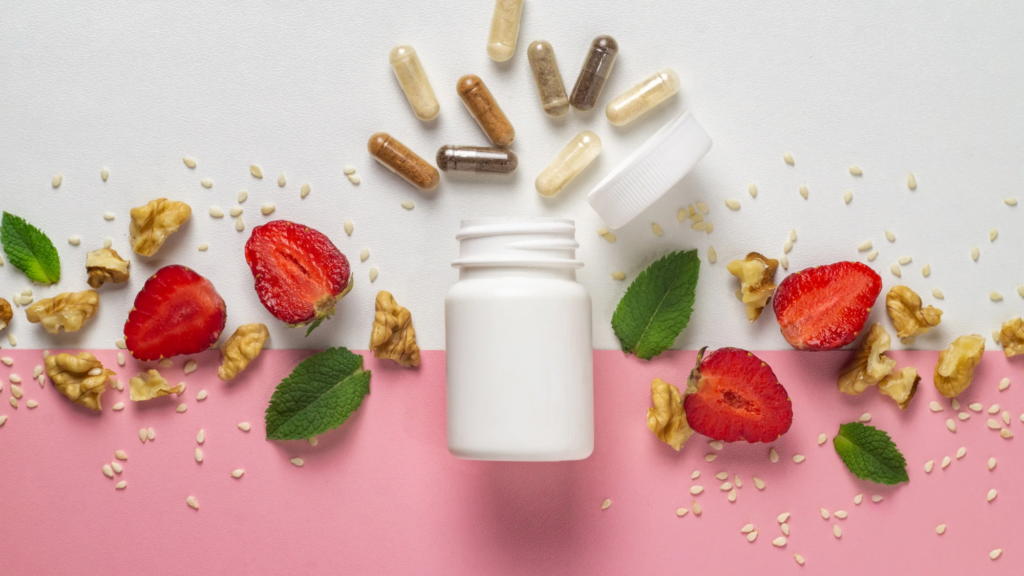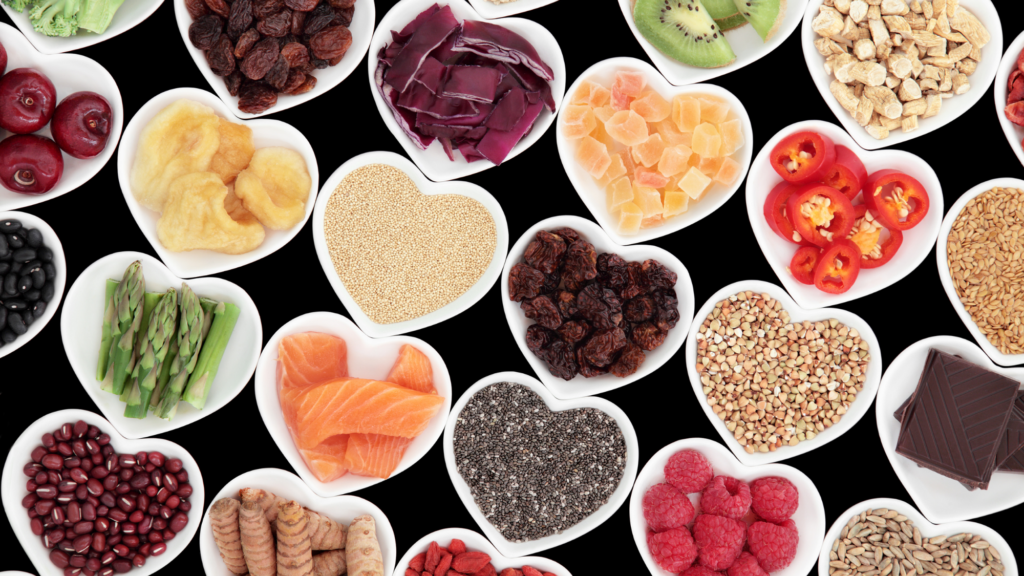Hey there, heart sisters!
If you, or someone you love, has been diagnosed with Peripartum Cardiomyopathy (PPCM), you might feel like you’ve just been handed a map to a maze with no exit in sight. But fear not! We’re here to guide you through the twists and turns of managing PPCM with a dash of humor, a sprinkle of knowledge, and a whole lot of heart (pun intended!).
Supplements for PPCM – The Natural Boosters

1. Omega-3 Fatty Acids
- Benefits: These heart-healthy fats, found in fish oil, can help reduce inflammation, stabilize heart rhythms, and even decrease the risk of sudden cardiac death. They’re like the cool friends who calm things down at the party.
- Side Effects: Watch out for fishy burps, upset stomach, or bleeding if you’re on blood thinners.
2. Coenzyme Q10 (CoQ10)
- Benefits: CoQ10 supports energy production in cells, which is crucial for heart health. It’s like giving your heart a little pep talk to keep pumping efficiently.
- Side Effects: Generally well-tolerated, but high doses might lead to stomach upset or insomnia.
3. Magnesium
- Benefits: Magnesium plays a role in heart rhythm stabilization and can help reduce blood pressure. Think of it as the chill pill for your heart.
- Side Effects: Too much can cause diarrhea or upset stomach, so moderation is key.
4. Vitamin D
- Benefits: It’s not just for bones; Vitamin D helps manage blood pressure and inflammation. It’s like the sunshine your heart needs even when you’re indoors.
- Side Effects: Excessive intake can lead to hypercalcemia, but you’d have to go overboard with your sunbathing or supplementation.
5. Inositol
- Benefits: This B-vitamin-like compound has shown promise in improving insulin sensitivity, which is beneficial if you’re dealing with PPCM and metabolic issues.
- Side Effects: Rarely causes anything beyond mild digestive issues.
Medications for Heart Failure Recovery and Long-term Management

1. ACE Inhibitors (like Enalapril, Ramipril)
- Benefits: These are the superheroes that reduce blood pressure, decrease the workload on the heart, and improve survival rates.
- Side Effects: Cough, dizziness, or kidney changes might occur, so they’re not without their kryptonite.
2. Beta-Blockers (such as Metoprolol, Carvedilol)
- Benefits: They slow the heart rate, reduce blood pressure, and lessen the heart’s demand for oxygen, giving it a much-needed break.
- Side Effects: Fatigue, cold hands or feet, and in some cases, can worsen heart failure if not properly titrated.
3. Diuretics (like Furosemide)
- Benefits: By helping your body get rid of excess fluid, diuretics can make breathing easier and reduce swelling.
- Side Effects: Watch out for dehydration, electrolyte imbalances, or the need to visit the bathroom more often than you’d like.
4. Digoxin
- Benefits: Increases the strength of heart contraction, helping with symptoms of heart failure.
- Side Effects: Can cause nausea, visual disturbances, or toxicity if levels get too high.
5. Anticoagulants (e.g., Warfarin)
- Benefits: Prevents clots that could worsen heart conditions.
- Side Effects: Easy bruising or bleeding; you’ll need to keep an eye on your diet and have regular blood tests.
Medical vs. Holistic – The Great Debate
- Medical Approach: It’s like having a team of doctors with a playbook full of tried-and-true strategies for managing PPCM. Medications can significantly improve outcomes but come with side effects and the need for monitoring.
- Holistic Approach: Think of this as adding soothing music to your heart’s recovery playlist. Supplements can support heart function, but they shouldn’t be the only tune you’re dancing to. They’re more like the backup singers to the lead vocals of medical treatment.
- Combination: This might just be the best concert of all. Using both medical treatments and holistic supports can offer a more rounded, effective strategy. It’s like having the best of both worlds – the science and the natural touch.
Nutrition – Your Heart’s Best Friend

Nutrition isn’t just about what’s on your plate; it’s about feeding your heart what it needs to thrive:
- Lean Proteins: Helps in muscle repair, including your heart muscle.
- Fruits and Veggies: Packed with antioxidants that combat inflammation.
- Whole Grains: For fiber, which helps manage cholesterol, another heart health factor.
- Limit Salt: Too much can lead to fluid retention, something you want to avoid with heart conditions.
- Hydration: Drink water to help your body function at its best, but not too much, as you’re probably on diuretics.
Sound Nutritional Advice:
- Small, Frequent Meals: Easier on your heart and digestion.
- Monitor Fluid Intake: Keep track to avoid fluid overload.
- Read Labels: Especially for sodium content.
- Enjoy Some Dark Chocolate: Yes, it’s good for the heart in moderation due to its flavonoids.
So, whether you’re choosing the medical route, going holistic, or opting for a combo, remember, managing PPCM is about balance – like walking a tightrope with a heart full of hope. Keep your humor, stay informed, and always collaborate with your healthcare team to tailor the best path for your heart’s recovery journey. Here’s to a heart-healthy life, one beat at a time!

